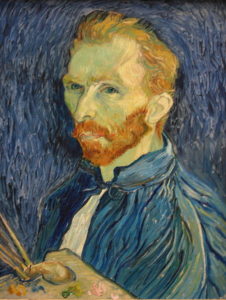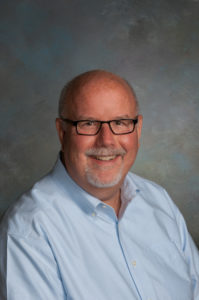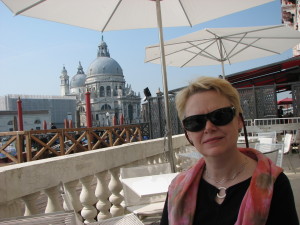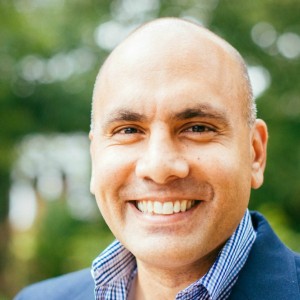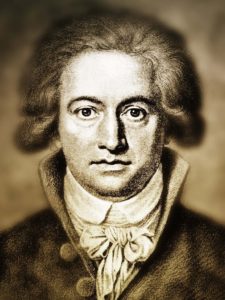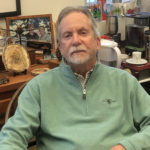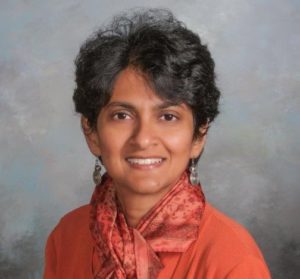
Professor of Political Science and International Affairs Surupa Gupta
Professor of Political Science and International Affairs Surupa Gupta penned an editorial for The Free Lance-Star entitled, “Indira Gandhi: Creator of the modern Indian State” in advance of her Great Lives lecture on India’s first and only woman prime minister, which was held on Tuesday, Feb. 22. The program can be accessed through the program website at umw.edu/greatlives.
INDIRA GANDHI is known as India’s first and only woman prime minister, and the world’s second democratically elected female head of government. These titles, however, mask a complex and fascinating personality. Gandhi, as prime minister, emerged as one of the most consequential and polarizing figures in Indian politics.
Derided initially as a “dumb doll,” Gandhi surprised her followers and detractors as a canny politician with a strong sense of realpolitik and an authoritarian bent. Her decisions helped both restore and tarnish India’s image in world politics.
She turned India from a food-scarce to a food-surplus country; her bold move to help establish Bangladesh strengthened India’s credentials as a major Asian power; and yet, her declaration of political emergency in 1975 delivered the first frontal attack to India’s democratic institutions since that nation gained independence from British colonial rule in 1947. Read more.
